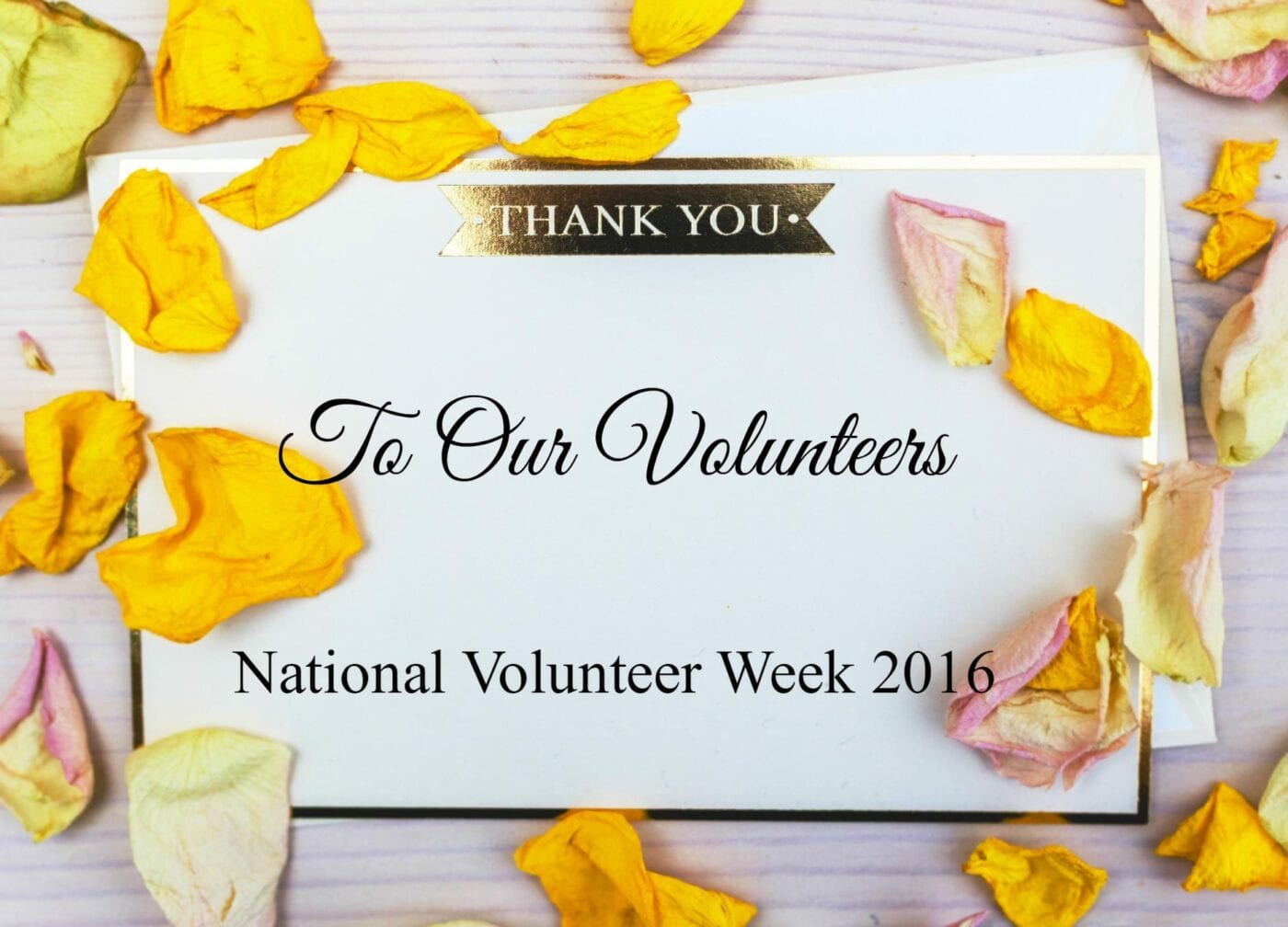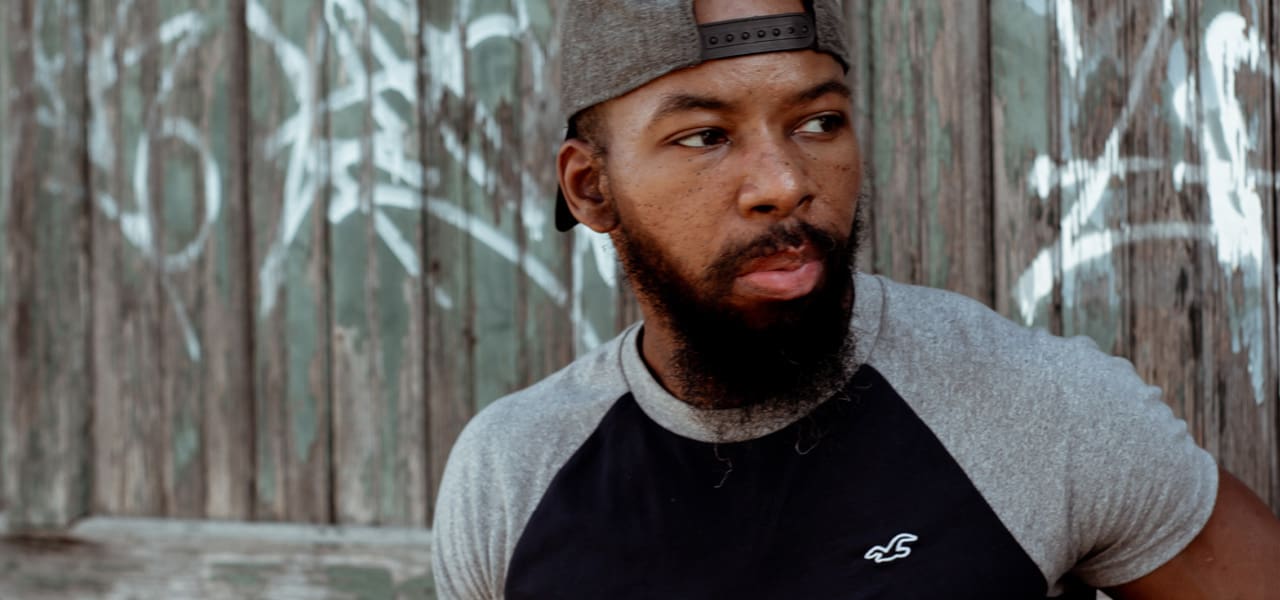Written By: Jeff Vircoe
No matter what you call it, the giving of your time is about as unselfish a gift as you can present. And this week Canadians from St. John to Tofino are standing up to say thank you to the givers.
April 10-16 is National Volunteer Week. Around the Edgewood Health Network, volunteers have long been a part of the fabric that makes treatment successful. It fact integrating volunteers into both Bellwood and Edgewood goes back to the roots of these facilities.
At Edgewood, including alumni in all kinds of events – from picnics to Christmas events, from driving inpatients to outside meetings to taking them shopping, to driving extended patients to the airport for home trips, wrapping presents at Christmas, to encouraging former patients to tell their stories at speaker meetings has always been a big priority.
“For me, when it comes to our volunteers, our alumni, is they offer our patients their experience, strength and hope,” says Edgewood’s clinical director, Elizabeth Loudon. “They talk to our patients, about being where they’re at, and the fact that their lives are so different today. I’m very appreciative of our volunteers, and what they are able to give our patients,” she says.
In Extended Care, volunteering is a big part of the weekly plans each patient builds. Patients are encouraged to be in school, work or do volunteer work as part of their day to day process. So not only are they receiving the help from volunteers, they become volunteers themselves.
“We use a lot of volunteers in extended,” says Jim Edwards, who has been helping patients get ready for their transition back to their lives as an extended care counselor for over a decade. “Every day there are alumni and other men and women in recovery coming by, helping out our patients. Rides to meetings, they take them hiking, kayaking, driving them up to the ski hill. They take them on home trips to get their stuff and bring them back. They help them to go into their old place, and clean up all the paraphernalia and messes so that they can have a safe place to re-establish themselves. I can’t think of where they don’t volunteer, really.”
Be it in Nanaimo or Toronto, volunteering has always been a method of connecting people back into their communities.
In his book A Special Calling: My Life in Addiction Treatment and Care, the late Dr. Bell, founder of Bellwood, described the role volunteers, both alumni and the citizens of Leaside in Toronto, played in the Ontario arm of the EHN.
“Their genuine concern, understanding and compassion became a very significant part of our entire recovery program,” he wrote, describing the residents who lived near the old Donwood Institute in the late 1960s.
For their part, organizations like Volunteer Nanaimo, which serves the non-profit organizations in greater Nanaimo by organizing and matching the waves of volunteers who phone in to a specific non-profit or needy service, appreciates everything Edgewood patients do to help the community.
“They’re such quality people, high caliber, and very enthusiastic,” says Rita Innamorati, a spokesperson for Volunteer Nanaimo.
She explains how Edgewood extended care patients volunteer for all sorts of causes and organizations from music festivals to food banks, from the SPCA to the Vancouver Island Exhibition country fair each year. In fact during the National Volunteer Appreciation Week, Volunteer Nanaimo will be hosting a luncheon for almost 400 community volunteers at a Beban Park, a local community hall complex. Edgewood extended care patients will be in group therapy during that luncheon, but many of them will come down after their own lunch to tear down and tidy up after the luncheon. It’s all greatly appreciated and helps build community relations between organizations, citizens and the recovery community , says Innamorati.
For Bellwood Health Services, each year during the National Volunteer Appreciation Week, a special dinner with all the volunteers and some staff is held in honour of all the work that they do at Bellwood. From the first time a client walks into treatment to the day they leave and need to make plans to transition back into their communities; Bellwood volunteers are always there to assure clients that they are not alone.
“It really helps us and I think it benefits patients too. They benefit in that they have a place to go, a place they are appreciated. It’s good for self esteem, for stamina. It gives them a place to go, a reason to get up, to be productive.”



